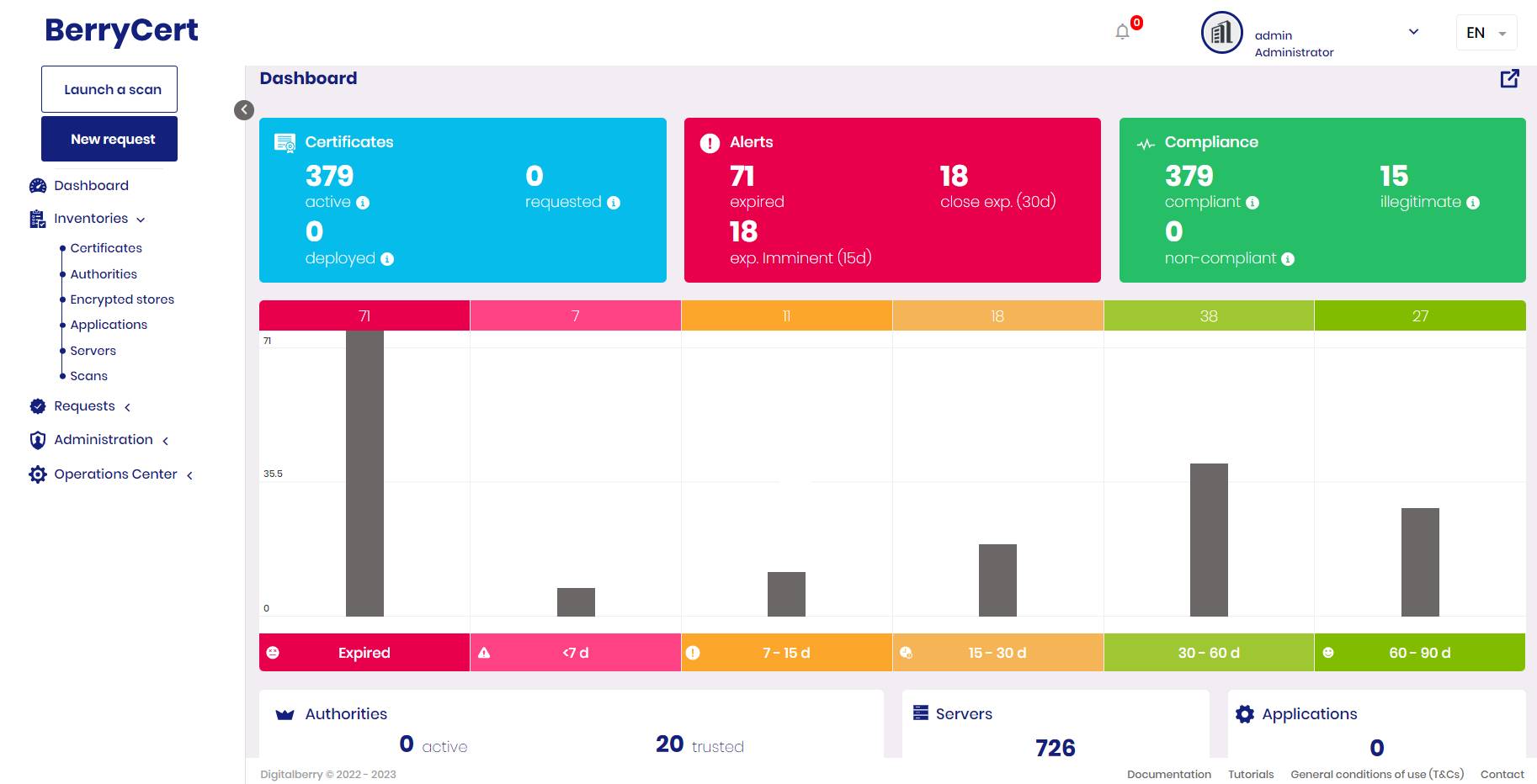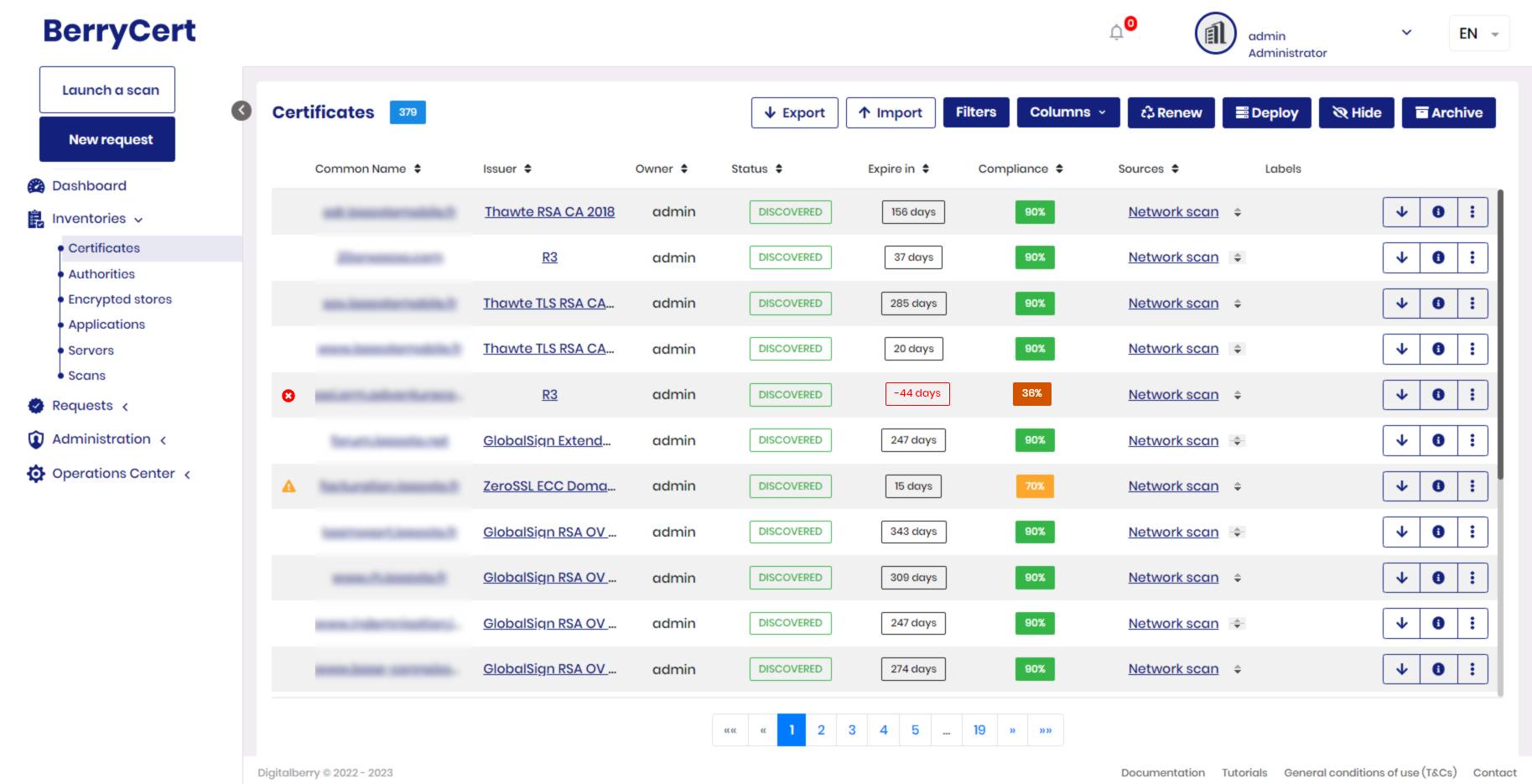
Following the CA/B Forum meetings held in March 2023, in its “Moving Forward, Together” roadmap Google announced plans to reduce the maximum validity of SSL/TLS certificates on Chrome to just 90 days, compared to the current 398 days. Given that Chrome is the most widely used browser, this decision foreshadows a trend that many other browsers are likely to follow.

Why does Google want to reduce digital certificate validity periods?
The reasons are simple. According to a recent study, the number of cyber-attacks has increased by 600% over the last five years, resulting in significant financial losses. Attackers exploit vulnerabilities and take advantage of the longer exposure periods afforded by digital certificates with a longer lifespan. This proposal stems from the urgent need to strengthen online security in the face of burgeoning cyber-attacks and vulnerabilities. In reducing certificate lifespan to 90 days, the goal is to lessen exposure time and the risk of cyber-attacks as a result.
However, this fourfold reduction in certificate lifespan means a fourfold increase in renewal frequency and workload for your security teams. In light of this situation, there’s no escaping it: it’s vital you automate the lifecycle for your digital certificates.
Make the leap and switch over to automating your digital certificate management
Certificate management can be a real headache for security teams, especially when managing large numbers of certificates. This situation will only get worse once validity periods are cut. While this does bolster security, poor certificate management can lead to errors, service outages, and compliance problems.
But there is a solution to help your teams manage this increase in renewals and deployments:
The CLM solution lets you:
- Be alerted when a certificate expires, thus preventing service interruptions,
- Automate certificate renewal and deployment,
- Relieve your teams of tedious manual tasks, enabling them to concentrate on projects with higher added value.
In addition to the benefits mentioned above, a CLM solution also offers a 360-degree dashboard for complete, real-time visibility of the status of your certificates. You can easily track the number of certificates, their location, ownership, compliance and expiration dates.
It acts as a one-stop shop too, centralizing certificate requests via a single interface in a multi-PKI context.
What’s more, the CLM generates comprehensive reports, giving you detailed information on your certificates. This visibility and reporting tool helps you manage your digital certificates as efficiently as possible.
In addition to the benefits mentioned above, a CLM solution also offers a 360-degree dashboard for complete, real-time visibility of the status of your certificates. You can easily track the number of certificates, their location, ownership, compliance and expiration dates.
It acts as a one-stop shop too, centralizing certificate requests via a single interface in a multi-PKI context.
What’s more, the CLM generates comprehensive reports, giving you detailed information on your certificates. This visibility and reporting tool helps you manage your digital certificates as efficiently as possible.


By investing in a certificate lifecycle management software, you’ll be ready to take on the challenge of shorter lifespans and guarantee your websites and applications are secure. While the CLM tool is an essential solution for your security teams,
it’s important to note that there’s more to certificate management than renewal. It’s just as important to maintain a precise cryptographic inventory of your certificates’ status. This guarantees real visibility of your cryptographic infrastructure and makes it easier to manage and maintain your certificates.
Technology and threats are constantly evolving, and with that in mind, IT teams need to reflect on crypto-agility and gear up for when PQC (Post Quantum Cryptography) inevitably lands. The CLM BerryCert tool can play a key role in facilitating the transition to post-quantum cryptographic algorithms and ensuring compatibility with future security standards.
Don’t wait for the measure to be brought in: start taking a proactive approach today. Schedule a meeting with our experts to assess your needs and run an audit of your certificates.
